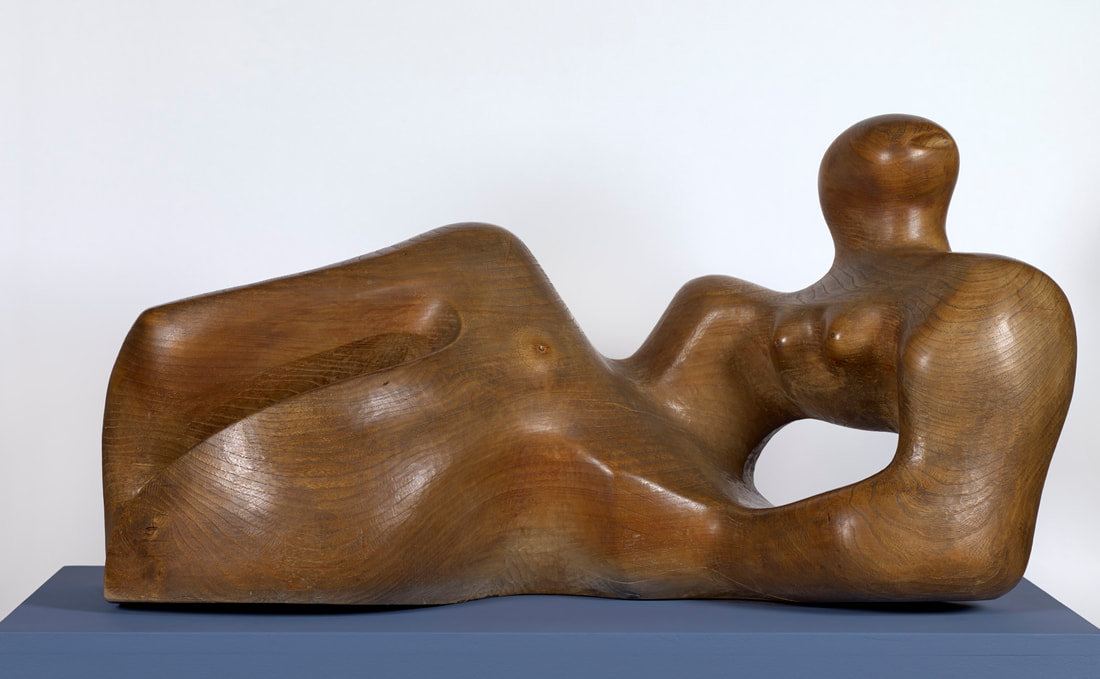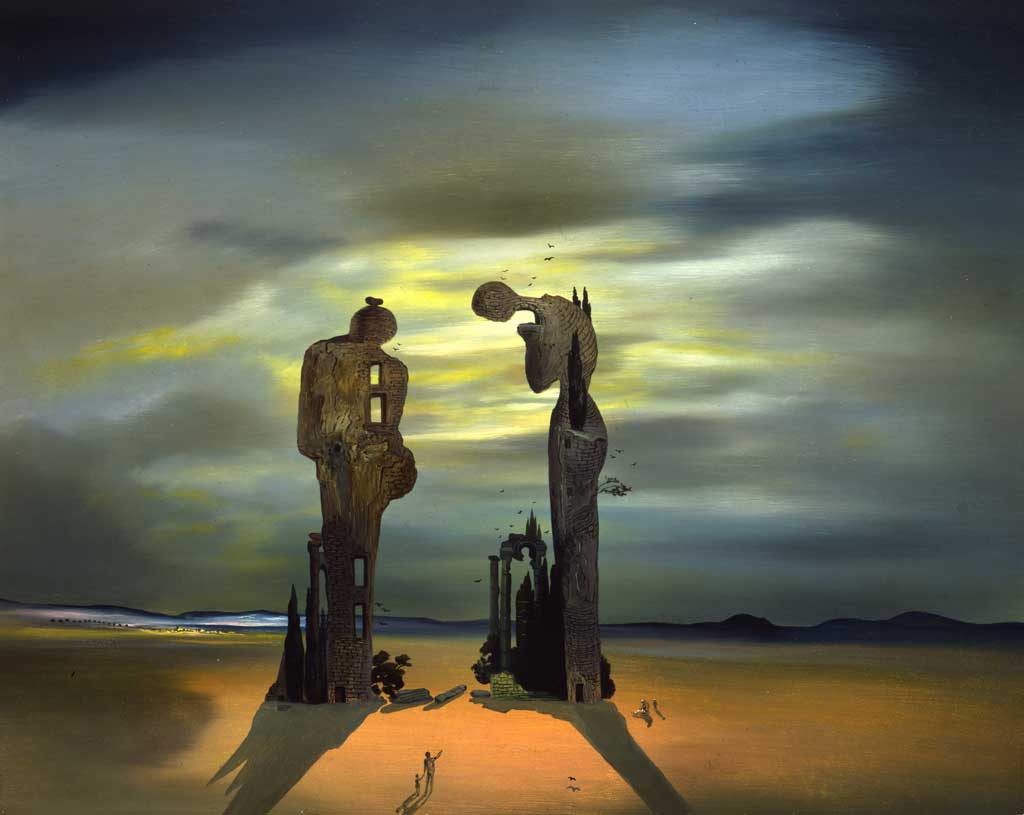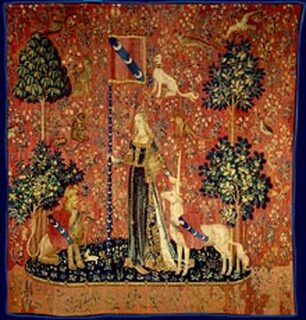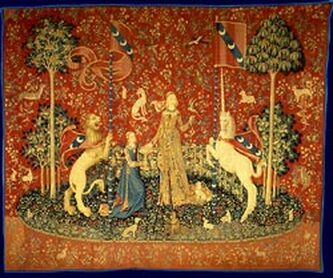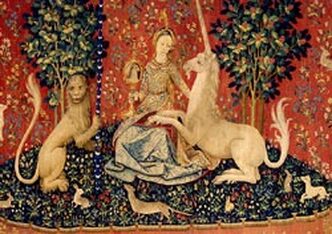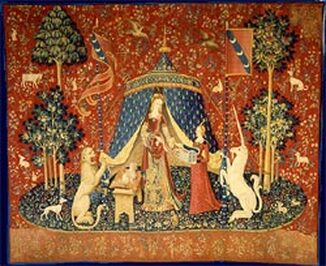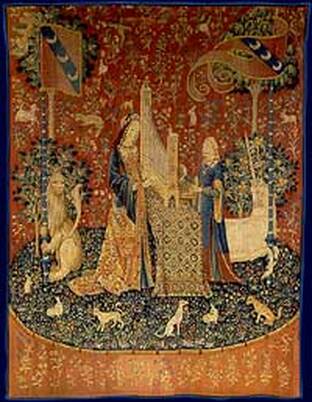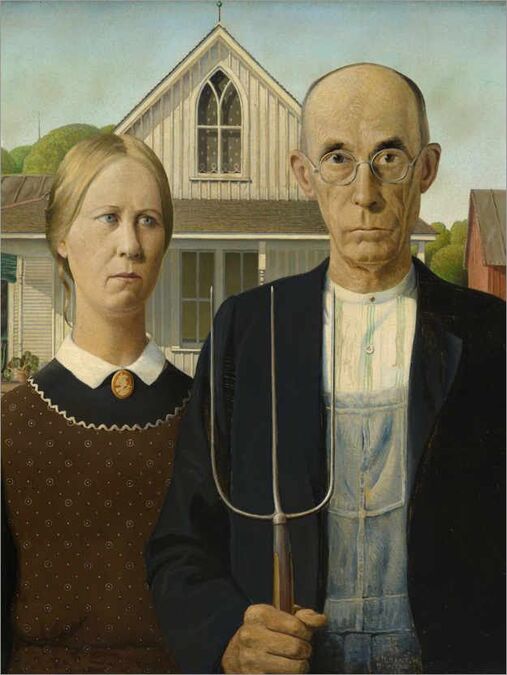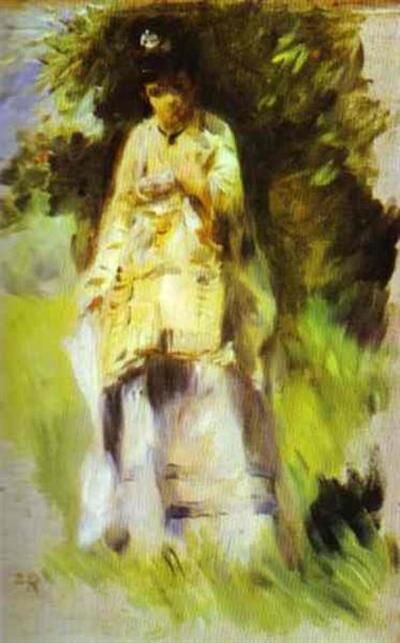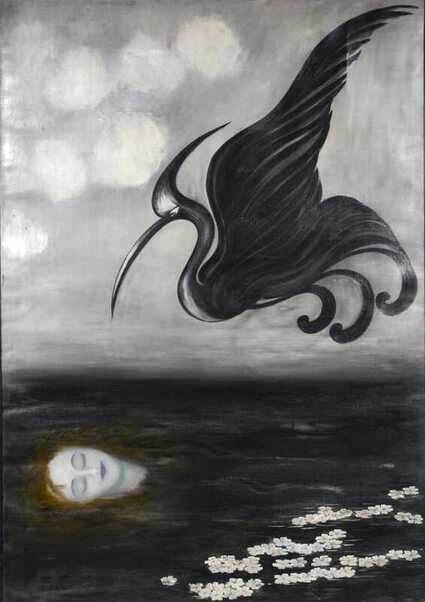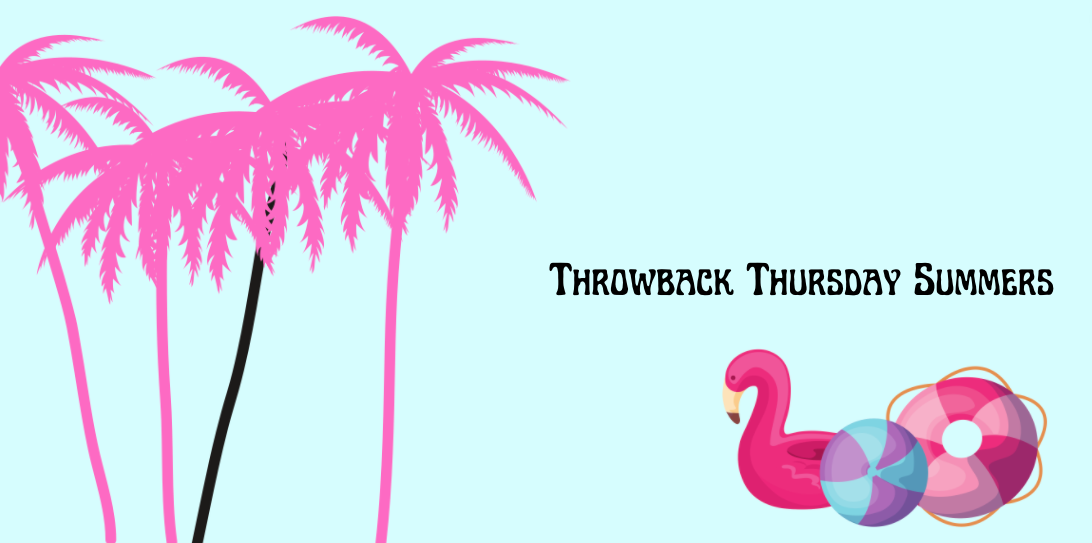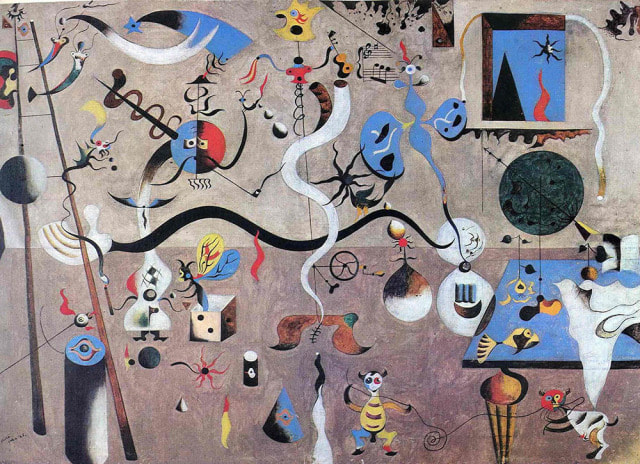|
Negative Space “Sculpture is the science of the hollow and the bump.” Rodin “Sculpture is the science of the hollow and the bump,” Rodin Look how he has made me without edges flowing from with in on out of the earth like streams hills and hollows like the tree from which I came hewn shaped scraped Look at the nothing that is my core the empty hole around between that is hunger and possibility You are drawn from the whole to the hole the form is only the shell holding the hole Look at how he has made us Jay Jacoby Jay Jacoby is a happily retired English professor having taught for most of his career at the University of North Carolina at Charlotte. He now lives in the Western North Carolina mountains and is able to focus energies on creative writing. His writing has appeared in several journals and he has four new poems coming out soon in an anthology, Barricaded Bards: Poems from the Pandemic (March 2021, ArsPoetica, an imprint of Pisgah Press, LLC) .
0 Comments
Colossi we walked away from town at dusk red sand already darkening around us you wouldn’t let me take a torch said eyes would get accustomed to the dark soon neon lights were out of sight and the pale horizon faded clouds turned violet like fresh bruises and when the moon appeared its beams turned hollows into pools of indigo made sand glow like polished copper I worried about snakes then we heard the sound you held my hand it’s only the wind you said but I was fearful two black shapes loomed out of the darkness impossibly tall against the night sky I sensed in them deep suffering like all the sadness in the world one was pierced through its chest just as you in your soul’s darkness were later to be pierced and the wind blew through the holes like someone moaning Sheila Lockhart Sheila Lockhart is a retired social worker and lives on the Black Isle in the Scottish Highlands. She is a member of the Moniack Mhor writers’ group and Suffolk Poetry Society. She has been published in Northwords Now, Nine Muses Poetry, Twelve Rivers, the StAnza Poetry Map of Scotland, The Writers’ Cafe, Words for the Wilds, Re-Side and The Ekphrastic Review. On The Lady and the Unicorn Tapestries After the six 15th Century tapestries commonly regarded as allegories of the five senses and a sixth sense of the heart. The Cluny Museum, Paris I. The Encounter
After the pious saints and tokens of war, dulled paint, tarnished metals in exhibits below, the tapestries, huge and glowing, float in the dimly-lit room at the top of the stairs. They astonish. How delicious to frolic with brocaded ladies, with bright flowers and beasts and birds! Though enchanted, I sense beneath the posed scenes, implications. II. The Monkey In only four of the six is the monkey allowed. The artist knew well to mind the traditions, hierarchy of senses being sacred and known. Thus, the noble Sight and Sound, gateways to God, could not include this creature of sin. He serves as our proxy, this foolish debasement in near-human form. But see him relish the berries of Taste and the pungent carnation of Smell! And notice his stare over the shoulder, encountering us in his naïve boldness, at center-front in Mon Seul Desir as though to see our reaction to this puzzling tableau, to tattle a tale back to artist and weaver. His mischief expected, of course. But how cruel is his bondage in Touch! As the lady fondles the horn of the tamed unicorn and grasps the patron’s banner, he sits disheartened, chained to a stone, his fellow ape in a belt of confinement. And other animals, too—the genet and dog and the fox—all collared, subdued. Only the soul-symbol heron flies high, free from the cuffed falcon, and the pheasants upon which courtly vows are made, arrive freely on time. Rabbits scamper in abundance. Beneath the nuptial perfection of the orange tree-- chaste blossoms and ripe fruit together-- the lordly lion turns to us with a smile. And what of the Lady, solemn, distracted? Eyes wary, she poses weighted with thick robes, trussed with chains, held with stones. III: The Four Trees Of course, the artist would use four trees —four seasons, four directions, four humors, four winds-- Symbolic meaning understood, balancing compositions with calming green against rampant fields of scarlet. The holly was a given-- long standing for the coy unicorn and the moon in the waning half of the year, but also for the passion of Christ with its thorn-spiky leaves, its blood-red berries, and in its winter greenness, unending life. And the oak, too, was required. Ever the tree of the lion, the king of the forest, the sun in the waxing half. These two bore the heavy load of oldest legends, deeply felt in Druid blood. The orange tree was symbolic perfection for those panels that hinted at marriage, white blossoms, full-fleshed fruit: the chaste and the fertile. But the fourth choice is a mystery. Why the pine? True, its whirling cones held pregnant seeds. (Some carried these as charms.) But other trees wield procreation magic. Why not the birch with her healing magic, powers of conception? Or what about the yew and the willow with their rebirthing and moon magic? The chestnut’s chastity, the elm’s fidelity? Medieval hearts adored these trees. The artist chose the pine. The reason, perhaps, is not of the flesh, but of the soul and the mind. See in the sixth tapestry, Mon Seul Desir, how the pine, along with the most-holy holly, anchors the opened tent, the heart, internal sense revealed. For the pinecone base bespeaks the “third eye,” enlightenment’s center, and its needles held the scent that dispels guilt. Burn them to purify the home. Bathe with them for magical cleansing. And so the pine signals the lady’s sanctity. She can allow her soul’s display, guiltless after serving the lusty senses, properly enlightened at the dawn of the Renaissance. IV: The Flowers Fields of flowers—millefleur-- in peak bloom. The April violet, the June rose nod at once full-blown in a season that could never be. Separately woven with no distance confusion, each discrete flower claims its sovereign worth. For this garden of love: periwinkles, roses, and pink carnations for wedding crowns. Gillyflowers for constancy, forget-me-nots for sincerity. But the garden is sacred, as well, and belongs to Our Lady, the Virgin. She summons the watchful unicorn with the purity of white roses, with love, red-rose rich as Christ’s blood. Lilly-of-the-valley, foxgloves, columbine, daisies, and violets are her flowers, as all would have known, and thrive in each tapestry field. Warming cold walls of ancient castles, the tapestries contented hearts both romantic and saintly with flower-strewn meadows of red. V: The Hands The ladies’ hands have no knuckles, no tendons, no blood. Vaporous like those of elongated saints, pure like the wings of small doves, they yet perform earthly tasks, caressing the horn of the adoring beast, twining flowers into a lover’s chaplet, playing the organ. Fingers pluck sweets from a bowl and make a dainty perch for the bird. All moves illumine pleasures, pleasures served to others. One lady touches but is not touched. One feeds but does not eat. One fashions a flower wreath for another but does not (like the monkey) savor the heady fragrance of carnation and rose all about her. One offers music for the listeners, another, a mirror for the unicorn, and finally, after opening the privacy of her heart, the lady’s hands in the sixth panel cast aside all delight in her own possessions in her own pleasure. And then she is wholly the servant whom the artist, the designer, the dyer, the weaver, and the patron expect her to be. Clela Reed Clela Reed is the author of seven collections of poetry. Recently Silk (Evening Street Press, 2019) won the Helen Kay Chapbook Prize and then the 2020 Georgia Author of the Year in chapbook competition. A Pushcart Prize nominee, she has had poems published in The Cortland Review, Southern Poetry Review, The Atlanta Review, Valparaiso Review, The Literati Review, Clapboard House, and many others. A former English teacher and Peace Corps volunteer, when not traveling or shooing deer from her garden, she lives and writes with her husband in their woodland home near Athens, Georgia. The Yellow Room It will forever be October, twenty-eighteen, in this corner of my house where a hung calendar displays The Chinese Screen by Margaret Olley, set in her heaven-on-earth living room with a doorway into a further room, blue-walled, below its window, steeped in silver, a figured jar. In the near room, an offstage window offers its broad slant on things, emblazons the ochre-and-gold at the screen's centre, falls on a flank of yellow wall, the daybed's vined, flowered coverlet and, with only one cup, the coffee set, its grooved whiteness a provocation to shadow. How many times, over the many years was this yellow room conjured through paint, to become witness and archive of a life lived in art, and of the life of art itself: here, the headlong anarchic whirl of Matisse's round of dancers counterbalancing the inturned calm, the storied mystery, of the Chinese screen with its pavilions, its robed figures and a beyond of islands on a blackly shining sea. When evening comes the room, no longer captive to sliding shadows, knows the solace of music – its geometric airiness, its aqueous flare-and-shimmer. Then, humdrum pleasures, and the sustenance, ease that enable the long moment of a whole life. Soon enough, sleep's erasures, the neon shock of dreams, whatever kind of rest is given until first light reaches in to place its touch upon the things darkness saves for us. Diane Fahey This poem was long listed for the Peter Porter International Poetry Prize in 2019. It is from Diane's forthcoming poetry collection, The Glass Flowers. Diane Fahey is the author of thirteen poetry collections, November Journal the most recent. She has won major poetry awards, and has received literary grants from the Australia Council. Her poetry has been represented in over seventy anthologies. Diane holds a PhD in Creative Writing from UWS. dianefaheypoet.com American Gothic by Grant Wood (USA) 1930 Oh – the blessed joy of hardship Clothed cantankerous – rigorously stitched To itch the hide with gritted guilt Our skin so tight as if to snap Or tear if emotion should appear To crack at half a happy smile We stand cold stoned still for The long hard mile – while We keep it shut – hold it in – The lust – the sin – the wetted Tongue or pouty lip shrivel at the lover’s kiss Stand rigid frigid – silent as God’s angry angels Shady subtle shifts of air – stealthy Sly and ancient old – knives out Swish swish – skinning souls Chris Sparks Chris Sparks is quite an old person but new to creative writing. He comes from East London but has ended up in Sligo Ireland. For many years he worked as a political theorist. Now he finds that (weirdly) every dark thing that what once was theoretical seems to be becoming actual. So, for his sanity and soul, he has decided to come at things from another angle and this is why he writes poetry. Cherry Bones Judging from the angle of sunlight playing with my cat, Taro, I’ve had a bit more sleep than I am usually able to manage. I wake up in sections, stretching on the expensive mattress my kids insisted I needed; they were right – rising is a lot less painful than it used to be pre-the-something-o-pedic. My hips take the longest time to cooperate, and because I need them to sit up, I thank them first. They’re not perfect but they’re the original set, and that’s more than a lot of people my age can say. I am grateful for every part of this body for what it continues to give me, and for what it hasn’t. At least not yet. So, I start each day voicing my thanks out loud, a ritual Taro has come to believe is Taro-centric. She thinks most things are. *** I sit at the edge of my bed and grab some woolen socks from the basket that hangs off the wooden headboard. This is the most irritating part of my day. My feet have never been anywhere close to pretty, and the past twenty years have not been kind to them. More disturbing than the way they look is their increasingly sinister unreliability. They have a tendency to seize up or go numb when I least expect it, that is, when I forget to remember their intermittent treachery. They are my anatomical problem children, and, I admit, it’s a struggle to love them. Especially when just putting on a pair of socks can be so tedious; my toes balk at the necessary contractions, and the rough, calloused skin of my heels catch on the soft alpaca Nordic designs my youngest daughter favours. I sportscast the process for Taro, who listens closely while quietly attending to her own velvet paws. *** When I am able to stand, Taro performs figure eights around my ankles, her tail flicking at the damp flesh behind my knees. She ushers me towards the hallway, then leaps ahead. As I shuffle into the kitchen, Taro jumps onto the countertop where she stalks the electric can opener. Unlike a lot of cats, she never feigns indifference. Taro is an unabashed lover of life, a Zen master of moment-to-moment mindfulness and grace. I have been a most willing disciple. *** I’ve been saving some fresh cherries for this morning’s breakfast, a treat I enjoy both for their sharp sweet flavor and for the memories they conjure. When my girls were little, they’d called the stems ‘the cherry bones.’ They’d wash them in apple cider vinegar and collect them in a special jar. When they had a decent amount, and when my eldest declared that it was time, they’d bury them in the backyard under our copper beech tree. Always the same spot. Nothing has ever come up. On fine days, though, Taro and I pick our way through the bright shade of the tall green grass and check. Because why not? *** Taro watches me abandon the dishes in the sink without washing them. I don’t mind leaving them dirty, and I know she doesn’t either; she likes to poke at them when she thinks I’m not paying attention, hoping I’ve left something good for her to chew on. I feel unusually tired, kind of a bit wavy, actually, and I sit back down at my place at the end of the long farmer’s table. My middle daughter will be along soon. I think I’ll ask her to check my blood pressure. She’s a veterinarian, not a doctor; we always enjoy trading jokes about the medical care she gives me. I’m wondering what we’ll make for lunch when a jagged blade tears at my side and I call out for Adrienne, now ten years gone, and m... *** Taro is licking my face, the part that’s not mashed up against the chilly Mexican kitchen tile carefully chosen for its beauty and affordability when our house was in the planning stages. I’m glad of its cool comfort. I’m flat and feel like I’ve been pasted against one of those outlawed playground spinning saucers, but I’ve nothing to hold onto. I’m just whirling, afraid that if I lift my head from the floor, it’ll stay still. I may choose to linger a bit, right here, and rest my cherry bones. Carolyn R. Russell Carolyn R. Russell is the author of In the Fullness of Time, a dystopian thriller published by Vine Leaves Press in 2020. Her humorous YA mystery, Same As It Never Was, was released in 2018 by Big Table. The Films of Joel and Ethan Coen, her volume of film criticism, was published by McFarland & Company in 2001. Her poetry, essays, and short stories have been featured in numerous publications, including The Boston Globe, Flash Fiction Magazine, Club Plum Literary Journal, Ekphrastic Review, Reflex Press, and Dime Show Review. She holds an M.A. in Film Studies from Chapman University, and has taught on the college, high school, and middle school levels. Carolyn lives on and writes from Boston’s North Shore. The new ekphrastic prompt is up! Click on the image for details and instructions.
Summer Days As we pass the summer solstice’s longest day of the year, I am playing frisbee with my children after nine pm, reading without table lamps, and reevaluating the colour match of my carpet to my couch. I am acutely aware of the balance between day and night, and more importantly, the quality light that summer affords. While compiling a list of summer poems, I came across this poem Liminality, by Janina Aza Karpinska. The poem was posted with a painting of a night scene, but the original inspiration was a sunny afternoon picture. Suggesting night instead of day changed a woman’s moment of dining alone from a scene of confidently stopping to smell the flowers, to an isolating, cold, stark, disconnected and lonely portrayal that didn’t quite match the words. While both show a woman who "holds the space between arrival and departure" (the new woman is even still in her coat), the painting changed my participation in the scene from joining an inviting table to a voyeuristic discomfort--from a beaded curtain to an exposed, gaping darkness, from smirking sunglasses hiding the woman's thoughts to an unknown blank pane hiding me. I couldn’t stop thinking about it and this ultimately prompted me to make two lists—one for summer night poems and one for summer day poems. I am reminded of this today as I read another poem: Dusk at Baie des Anges, 1932, by Barbara Crooker. Seeing things “in a different light” is a cliché because of its surprising, yet undeniable truth—light changes our impressions of what we see. Does it reveal truth? Maybe, but is a summer dress viewed indoors any less real than one in “natural” light? No, but the setting’s light does colour our emotions about what we are seeing. As a companion to my Summer Nights list, here is a list of Summer Days poems. However, just as summer nights invite dream and illusion, we find an abundance of light does not always reveal an underlying warmth, happiness, or even clarity. Jennifer ** Come Spend Summer in the Girl Cave, by Sarah Carleton We might think of a “cave” as dark and dank, but the cave in this poem offers a colorful and inviting respite from our daily secrets and lies. Here, girls can take a break from keeping ourselves and our spaces mess-free and from worrying about what our husbands don’t like. A perfect summer vacation poem. https://www.ekphrastic.net/ekphrastic-journal/come-spend-summer-in-the-girl-cave-by-sarah-carleton ** The Yellow Kite, by Gennady Katsov (translated by Nina Kossman) Travel with the yellow kite, like a passenger, into summer reveries. https://www.ekphrastic.net/ekphrastic-journal/the-yellow-kite-by-gennady-katsov-translated-by-nina-kossman ** The Language of Light, by Siobhán Mc Laughlin The quality of summer light is akin to a religious experience, but “is it enough?” https://www.ekphrastic.net/ekphrastic-journal/the-language-of-light-by-siobhan-mc-laughlin ** Old Home, Ogunquit, ME, by Liz Hutchinson A wonderful poem on women whose faces are worn smooth being ever bathed in light. https://www.ekphrastic.net/ekphrastic-journal/old-home-ogunquit-me-by-liz-hutchinson ** Las Flores, by Laura Chalar A summer house is haunted. https://www.ekphrastic.net/ekphrastic-journal/las-flores-by-laura-chalar ** Swimming Lesson, by Jo Taylor Swimming lessons may be a quintessential summer experience, but, from both the child’s and mother’s point of view, they are a difficult experience. https://www.ekphrastic.net/ekphrastic-journal/swimming-lesson-by-jo-taylor ** Mademoiselle Boissiere by Sarah Russell The secret life of an old maid in her summer memories. https://www.ekphrastic.net/ekphrastic-journal/mademoiselle-boissiere-by-sarah-russell ** Persistence of Memory, by Akshaya Pawaskar The emotion dripping from this poem is a perfect take on a very recognizable painting. https://www.ekphrastic.net/ekphrastic-journal/persistence-of-memory-by-akshaya-pawaskar ** Chagall's Poet with the Birds by dl mattila A traditional Shakespearean sonnet with rhythm and rhyme used to great effect, this poem offers a nod to nostalgia. https://www.ekphrastic.net/ekphrastic-journal/chagalls-poet-with-the-birds-by-dl-mattila ** Claude Monet, Grainstacks in Bright Sunlight, 1890, by Grace Marie Grafton As summer comes to a close, readers can console themselves in the capture of its golden light in this poem. https://www.ekphrastic.net/ekphrastic-journal/claude-monet-grainstacks-in-bright-sunlight-1890-by-grace-marie-grafton ** Jennifer Met lives in a small town in North Idaho. She is a nominee for the Pushcart Prize and Best of the Net anthology, a finalist for Nimrod's Pablo Neruda Prize for Poetry, and winner of the Jovanovich Award. Recent work is published in Cimarron Review, Nimrod, Ninth Letter, Superstition Review, and Zone 3, among other journals. She is the author of the microchapbook That Which Sunlight Chases (Origami Poems Project) and the chapbook Gallery Withheld (Glass Poetry Press). More at www.jennifermet.com. Call For Throwback Lists There are six years worth of writing at The Ekphrastic Review. With daily or more posts of poetry, fiction, and prose for most of that history, we have a wealth of talent to show off. We encourage readers to explore our archives by month and year in the sidebar. Click on a random selection and read through our history. Our new Throwback Thursday features highlight writing from our past, chosen on purpose or chosen randomly. You’ll get the chance to discover past contributors, work you missed, or responses to older ekphrastic challenges. Would you like to be a guest editor for a Throwback Thursday? Pick 10 favourite or random posts from the archives of The Ekphrastic Review. Use the format you see above: title, name of author, a sentence or two about your choice, and the link. Include a bio and if you wish, a note to readers about the Review, your relationship to the journal, ekphrastic writing in general, or any other relevant subject. Put THROWBACK THURSDAYS in the subject line and send to [email protected]. Let's have some fun with this- along with your picks, send a vintage photo of yourself too! An Eclipse of Moths when I first see her pale skin and the dark art of her tattoos I am uncertain how much of her beauty belongs to her youth how much to her nakedness to parts of her which will depart or parts of her which will linger around her, upholstery left to weather a fifth of a fifth of bourbon still in the bottle, tires stacked on tires each ruined thing made poorer in contrast to the source of light her friends in casual awe of breasts a wealth made richer by these decaying reminders of what is the opposite of intimate ** Red Star Express where globalization and blue collar diverge, where paint peels, where summer smells like sealcoating and cut grass, we listen to a shopping cart rattle against the cracks in sidewalks, we hear a baby’s cries and the shoo, shoo, shoo, at the intersection of voyeurism and empathy the street lights hum, when the venn circles of exploitation and love create pointed oval ellipses — shaded with nostalgia, with memory, with future — we listen to sparrows hatching under the a.c. A car rumbles to a stop and the boys joke and shame each other as they ride their bicycles past the fire you know you want to fuck her flush-faced, rolling through the intersection of youth and something else, rolling —he doesn’t know if he can ever tell them-- rolling over poisoned soil where you can be sure the all quiet brick factory is/was westinghouse ** Redemption Center shirtless before gap-toothed vertical blinds of a punched-in-the-mouth storefront, Queen Anne’s lace cautiously judges ribs and belly, a blue bicycles’ broke spoke abandonment causes you to wonder what contemplation is possible when-- then wiggle your toes in the twin caves of too-big work boots on the shore of a red petalled parking lot puddle after the rain you take a breath and know crabapples are blossoming nearby—is this enough—close then open your hands redeem, redemption then those tricky prepositions from and for ** The Taxi Depot oh god, the rain you say during the fragrant moment it reaches dirt water softens not yet soaking fabric, and we are woven by the smell detergent meets dandelion and tonight we will gather on the grass beneath the water tower watch the persieds and defy gravity ** An Eclipse of Moths we arrange what no one else wants recreate the space in our homes where we ought to but can’t feel comfortable, where all the furniture suggests we might be at ease but heavy smoke and tired tones of voice place the room itself out of reach a coffee table, an ottoman, a sofa, the sky and shelter from the sky, we drag the armchair over gravel asking does it look right here? how ‘bout here? until we are tired, bored with the escapade, you tell her she looks beautiful, she says with an uncertain degree of tenderness, that you look hurt, then hands stroke the side of your head fingers in your hair along your scalp light spills from your lips and you float up into the air Charles Malone Author's note: "In 2020-2021, the photographer Gregory Crewdon’s images offered me a way to travel when I couldn’t. A chance to meet people, or, remember. Each photo is an invitation to ekphrasis, persona, lyricism and other ways of attending to their experience. In all, writing to them became a way to make in answer to my inability to make. Sometimes, I returned to the same image and wrote again. The troubles, joys, and doubts of my own places and people, my own “here,” were held up to my imagination by this remarkable work and I am grateful." Charles Malone is a poet and teacher in Kent, Ohio. His full-length collection Working Hypothesis is out with Finishing Line Press. And his chapbook Questions About Circulation was selected for publication by Driftwood Press as part of the Adrift Chapbook Series. He edited the collection A Poetic Inventory of Rocky Mountain National Park with Wolverine Farm Publishing and has work recently published or forthcoming in Hotel Amerika, The Best of Boneshaker: A Bicycling Almanac, The Sugar House Review, The Dunes Review, and Saltfront. Charles now works at the Wick Poetry Center at Kent State University coordinating community outreach programs. Harlequin’s Carnival at the Joan Miro exhibit, NYC Into the mute music I went, my eyes became my ears. Waltzing the welcome, room to rediscovered room, each canvas a ladder to an eclipse, a mountain’s black triangle beside the swirling red joy-path, & inside, the festival: a guitar as an infant sees it, & beneath the sky’s tracery, blue-black eyes spiring within circles, sporadic birds that dot & dovetail what might be birds, & better than paint tucking lovers in a night sky, without gravity. How can the sky not be entire, this conscious blue the seed of my dreaming? Maximilian Heinegg Maximilian Heinegg's work has appeared in 32 Poems, Thrush, Nimrod, The Cortland Review, and Glass: Poets Resist, among others. He has been nominated for the Pushcart Prize, Best of the Net, won the Sidney Lanier Poetry Award, and been a finalist for the poetry prizes of Crab Creek Review, Cutthroat, Twyckenham Notes, December Magazine, Rougarou Journal, and Asheville Poetry Review. He is a high school English teacher, as well as a singer-songwriter whose records can be heard at www.maxheinegg.com |
The Ekphrastic Review
COOKIES/PRIVACY
This site uses cookies to deliver your best navigation experience this time and next. Continuing here means you consent to cookies. Thank you. Join us on Facebook:
July 2024
|
